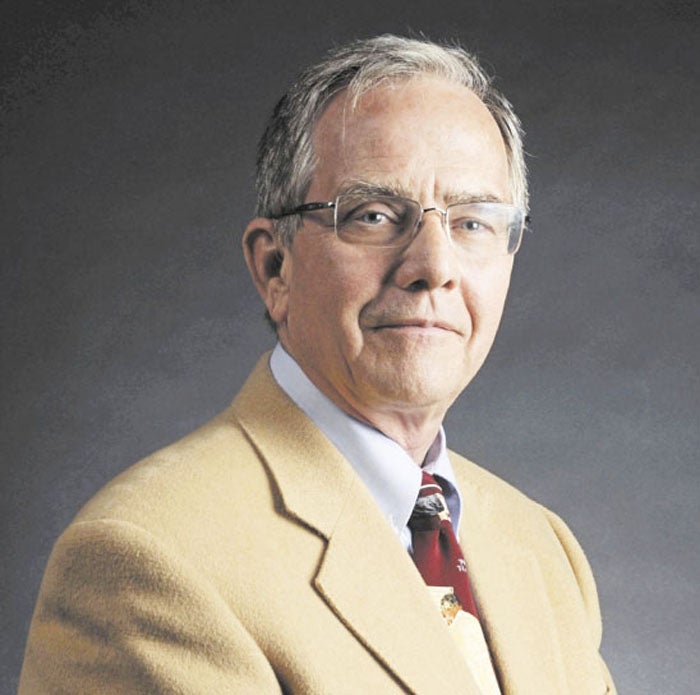Francis Koster: Kids can help other succeed during online learning
Published 12:00 am Sunday, August 2, 2020
By Francis Koster
A fierce, disorganized debate is raging as our country approaches the time schools traditionally open.
Those fearful of millions more citizens suffering lifelong damage to their health from the virus are battling those who desperately want life to go back to something resembling normal with schools in session. Oher millions find themselves in the middle, unsure what to do.
One out of five Americans either attend or work in schools. What happens next will deeply impact their lives, the lives of family members and our entire society. Stay-at-home distance learning using computers is one area that looks like a life raft by many. Reports of how well distance learning went as the COVID-19 virus emerged last spring range from adequate to awful to disastrous.
According to Education Week, when the virus forced school buildings to close early and education went online, about one-fifth of all students never attended and only about four out of 10 touched base with their teacher more than once a week!
There are several reasons for this, often driven by the students’ home situation. If they are from a household that is struggling financially due to layoffs or quarantine, they may not be able to afford internet service. If they are doing distance learning by cellphone, the cellphone billing plan their parents have can make minutes very very expensive.
In a surprisingly large number of households because of financial issues, parents have to choose between paying the water and food bill or having their child talk to their teacher.
Distance learning has other challenges that our society has to meet quickly.
As their budgets are frozen or cut, school leaders are being asked to totally reinvent their industry. A large number of teachers have never been trained to teach online. School technology support departments are being challenged to expand both the range of services they offer and the number of people they support.
Parents are faced with being forced to stay at home, teach their kids who are in several different grades and use technology that many of them had not used before. For older parents with high school students, the lessons being taught in many subjects like biology and science are vastly different than the material the parents learned 20 or 30 years ago.
It will not be possible for our school systems to fix this by themselves. Everyone has to pitch in.
When school opens in two weeks, the 18,000 students enrolled in Rowan-Salisbury Schools can either take all classes online or attend two days of classes in person coupled with 3 days online.
The 5,500 students attending Kannapolis City Schools will be able to attend all classes online, or two days in person and three days a week online.
Fortunately, there are some good efforts out there to be imitated.
Logan Spoonemore, a high school junior who lives in Seattle Washington, recruited a group of 70 other students to be online math tutors for younger students. They created a website that links tutors to students, and have a rapidly growing list of volunteer tutors and students who need help. You can see the site by searching on Students Helping Students Seattle.
In rural West Virginia, the Martinsburg school superintendent formed an online tutoring program for elementary students using student members of The National Honor Society in all four high schools in the county. The student tutors lead chat rooms complete with games that can be solved using math. In other efforts, high school students are paired up with professional teachers as teachers’ aides, something that the younger students seem to really appreciate.
The COVID-19 epidemic is hitting the low-income households much worse than the homes of the more privileged.
Lots of people living in small spaces and working in jobs like waitressing or construction that bring them into contact with each other and many other neighbors daily, resulting in high infection rates.
Two programs that have been created to focus on supporting those kids can be found at TeensGive.org and Upchieve.org.
Or you can start your own local program to help out the next generation.
The bottom line is this: Our world is in a large and growing economic and health care mess that can be reduced if you pitch in. If you have not changed your behavior over the past few months and are not currently actively helping others, you are part of the problem — but you could be, part of the solution.
Francis Koster lives in Kannapolis and is an activist who has been studying, teaching and implementing local solutions to national problems for over 50 years.


